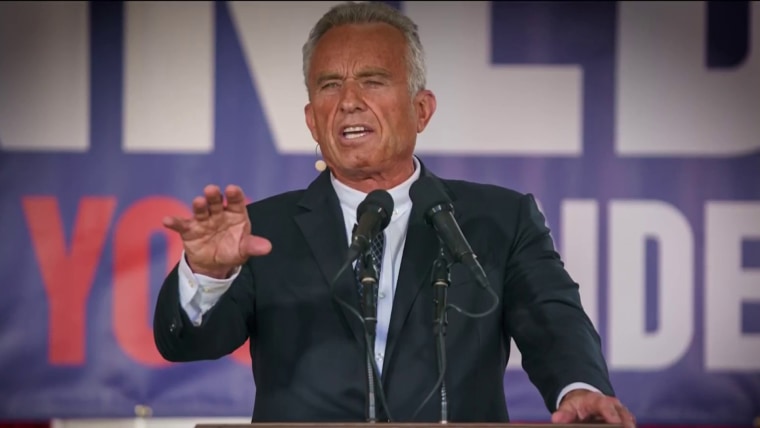In the sprawling digital landscape, few legal battles have captivated the tech and media worlds quite like the one between Elon Musk’s rebranded social media platform, X (formerly Twitter), and the Center for Countering Digital Hate (CCDH). At the heart of this storm is a lawsuit that could redefine the boundaries of free speech, platform responsibility, and the very essence of public discourse online. However, recent developments suggest that this battle may be tilting, and not in Musk’s favor. Here’s why the tech mogul’s legal strife is gaining unprecedented attention.
The lawsuit alleges CCDH violated X’s terms by using non-public data to spotlight ads next to extremist content, leading to a significant advertiser boycott. Musk’s team claims this cost the company dearly, but their argument has faced critical scrutiny from the start. U.S. District Judge Charles Breyer’s skepticism during a recent hearing threw cold water on X’s fiery allegations, making one wonder about the solidity of their legal standing.

Breyer’s response to X’s arguments was far from subtle. Dissecting the claim that CCDH could have foreseen the financial damages from their reporting due to policy changes under Musk’s tenure, the judge labeled this logic as one of the “most vapid extensions of law” he’s encountered. This remark not only undermines the lawsuit’s foundation but also hints at a broader critique of using legal avenues to stifle criticism and research.
Compounding X’s woes, Breyer suggested the company was misappropriating a breach of contract claim to veil what essentially could be seen as a defamation case. This observation raises questions about the motivations behind the lawsuit and whether it’s an attempt to silence a critical voice rather than address a legal wrong. The judge’s pointed remarks about the possibility of a defamation case — notably absent from X’s legal strategy — underscore this tension.
The backdrop to this legal drama is a platform under Musk’s reign experiencing a significant shift. Musk, proclaiming himself a “free speech absolutist,” has opened the gates to previously banned accounts, raising concerns over the proliferation of hate speech. This repositioning has not only attracted scrutiny but has led to tangible repercussions, with major advertisers withdrawing their support.
The case extends beyond the courtroom, touching on the core of public discourse, platform responsibility, and the bounds of free speech in the digital age. It’s a litmus test for how social media entities manage the delicate balance between allowing open expression and curbing harmful content. With researchers and critics closely watching, the outcome could set precedents affecting how platforms and their users interact for years to come.
As the lawsuit continues, the tech and media landscapes hang in anticipation. Judge Breyer’s critical stance on X’s arguments may not just signal a setback for Musk but also reinforce the importance of upholding free speech, even against the interests of powerful individuals and entities. In this high-stakes legal battle, the pen might just prove mightier than the corporate sword.
Related posts:
Judge mocks X for “vapid” argument in Musk’s hate speech lawsuit
Musk’s X asks judge to penalize nonprofit researchers tracking rise of hate speech on platform
Federal judge mocks Elon Musk’s X lawsuit targeting hate speech researchers





